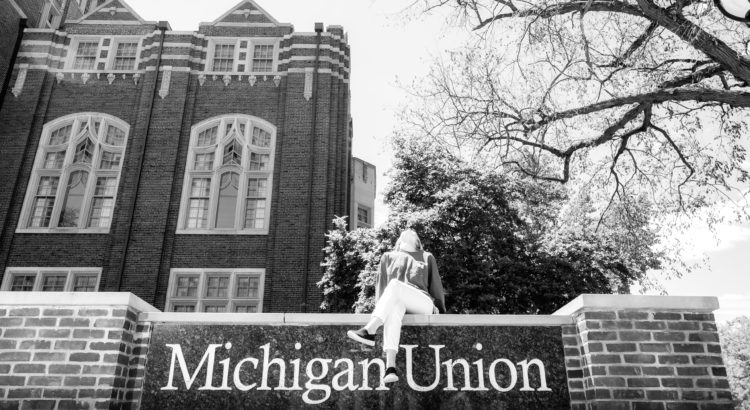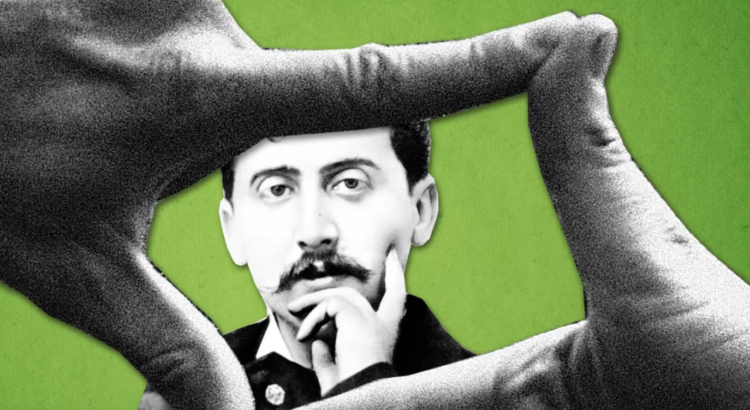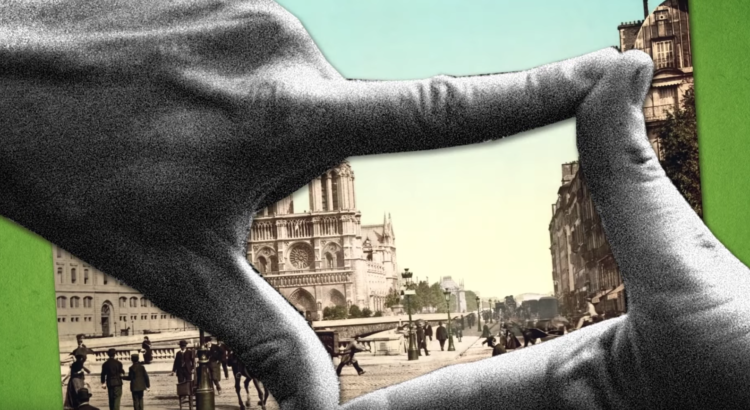For my Common App essay for admission to the University of Michigan, I wrote about music as an analog to life. A graduation essay following the same principle feels apropos.
Life is an collection of opuses. An opus is a separate composition or set of compositions by a particular composer, usually ordered by date of publication. School represents our early work as intellectual composers: grade school, high school, and college, each comprised of unique compositions. To all the graduates who find themselves with an answer to the infamous “so what’s next?” —congratulations. One, you finished college. Two, you are ready to write your next composition. To all those without an answer —congratulations. YOU FINISHED COLLEGE SHEESH! Why does all the questioning about what’s next feel like we overlook this?! We just had a lifelong academic odyssey. It’s okay to soak that in for a second, especially now during this time of shared uncertainty. Make sure you are excited about your next composition however you manage. Remember, you don’t listen to music to get to the end of the song; you listen to enjoy the music.
As I reflect on my own 16 year academic journey, on each opus I have written, the sounds vary as do the themes:
Grade school was my halcyon days with rich imagination baked into my everyday life. Then, I contrast high school and college, attempting to favor one over the other, yet my analysis comes to a stalemate as the each 4 years encompassed vastly different experiences. My understanding of the world has evolved more than I have as an individual. That’s to say, my identity is more or less the same throughout the 8 years in terms of how I perceive myself and generally how I imagine I’m perceived, but my reactions changed, probably a result of continuing experiences and, honestly, higher education.
High school was a single story that developed gradually with subplots that gained depth over time. I had reward in early investments. High school was team oriented, so I saw my role in a grander scheme. College was comprised of distinct chapters that often seemed unrelated. My own reflections link them together and assign meaning to them. College was self oriented which curated feelings of uncertainty or empowerment. Quite an extraordinary opus U of M has been.
Thank you arts, ink. for the last 4 years. It’s been a pleasure.
Go Blue.





